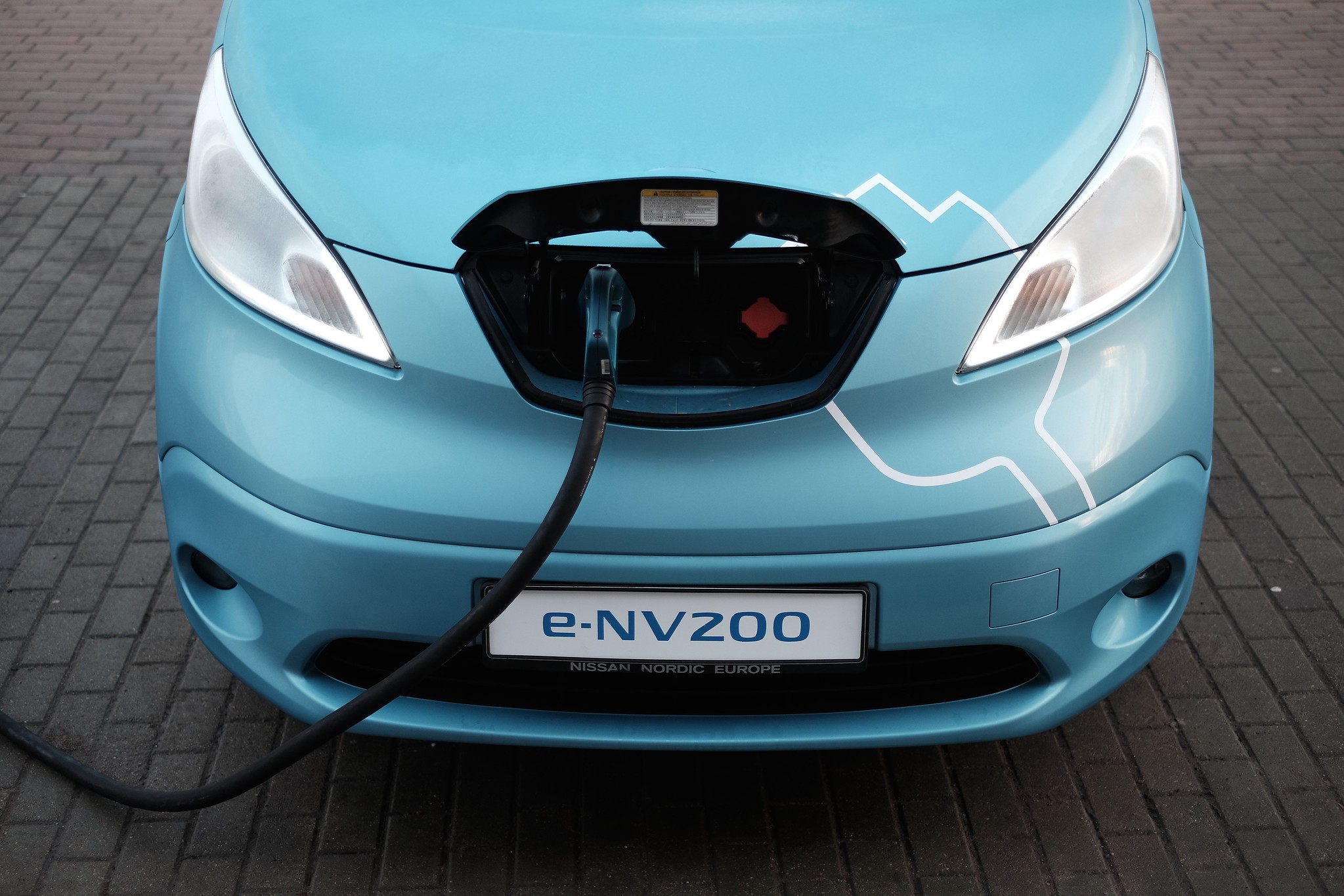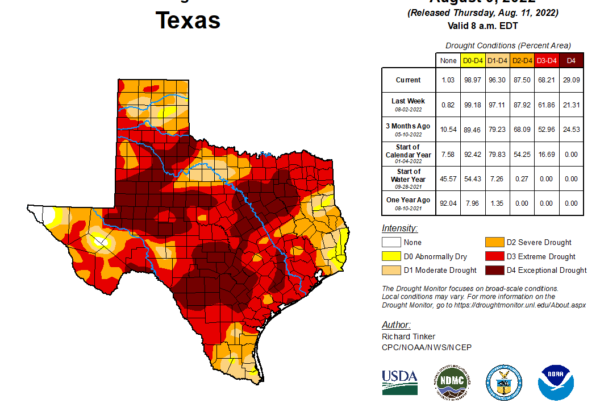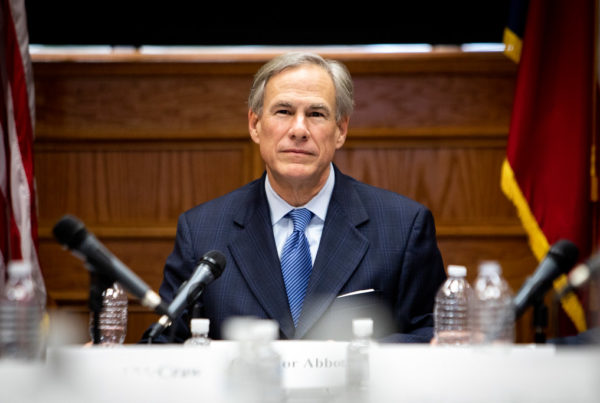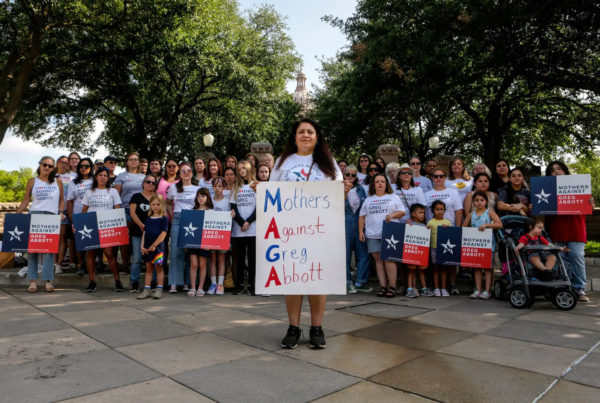Among the provisions tucked into the Inflation Reduction Act that was recently passed by the Senate is a tax credit designed to encourage Americans to choose electric cars, or EVs, instead of gas-burning ones. But right now, no EV on the market qualifies for the credit because of requirements that vehicles contain batteries made in North America.
Andrew Hawkins, a transportation editor for tech site the Verge, told Texas Standard that some lawmakers intended to promote U.S. battery manufacturing. Others expressed concern over the large percentage of battery technology supplied by China, a country with whom the U.S. has a contentious relationship.
Listen to the interview above or read the transcript below.
This transcript has been edited lightly for clarity:
Texas Standard: Tell us about this tax credit: How much of a break are EV buyers supposed to be able to receive?
Andrew Hawkins: It’s the same tax credit that currently exists, which is a $7,500 incentive for the purchase of an electric vehicle. That is money that the purchaser is able to claim in their taxes after purchasing an EV. So it’s the same amount that currently exists, but there are new requirements that are in this deal concerning the providence of a lot of the supplies and the parts that go into it, especially the battery.
What is the battery requirement? It must be made in North America?
What the bill reads is that 40% of the of the parts and supplies in an electric vehicle – or a “clean vehicle,” as the nomenclature in the bill puts it – needs to come from North America or its trading partners by a certain date. And then a few years after that, 100% of the parts of the supplies need to originate from North America or its trading partners.
The problem that the auto industry is raising is that the supply chain that’s currently in place does that reflect this situation – that most of the parts do come from North America and its trading partners, but a lot comes from China, especially the battery. Chinese manufacturers have around 76% of market share in battery manufacturing at the present moment.
Was it the intention of the bill’s backer to promote U.S.-built batteries even when no current car models contain them?
The assumption is that these provisions originated from West Virginia Democrat Joe Manchin, who’s been a leading negotiator on this bill. He has been sort of a roadblock to the Democrats passing this kind of bill and surprised many when he agreed to support it. And that’s because he doesn’t think that electric vehicles that have a lot of parts made elsewhere, especially China, that Americans should be incentivized to buy those cars. He wants the parts to support American jobs, American companies and American manufacturing. And so that’s been sort of his philosophy in all these negotiations, which is why we’re seeing these provisions included in this climate bill.
Well, it sounds like there are supply chain issues right now. But does this Inflation Reduction Act include any sort of incentives for manufacturers to make their batteries here?
It does. It includes billions of dollars, actually, to incentivize U.S. manufacturers to localize their battery manufacturing in the United States. And it should be noted that a lot of the car companies right now are working on these projects right at the moment, they’re building battery factories: Ford, GM, Fiat Chrysler, which is now known as Stellantis. A lot of the German and Japanese manufacturers are also building battery factories in the U.S.
So while it doesn’t presently reflect the reality of battery manufacturing, it is assumed that at some later date we’ll see a more mature battery industry in the United States and among its trading partners that could support provisions such as these that are in this climate bill.
Do we have any estimates about how long it would take before the U.S. is making enough batteries to meet the demands of EV manufacturers?
I haven’t seen any specific estimates, but I can tell you that the battery facilities that are currently under construction, most of them are not expected to come online until at least the midpoint of the decade. And I don’t think you’re going to start to see U.S. manufacturers producing EV batteries at volume and at scale until the end of the decade. So we’re talking a good eight to 10 years here before the EVs on the road today start to reflect the requirements that are in this climate bill.















